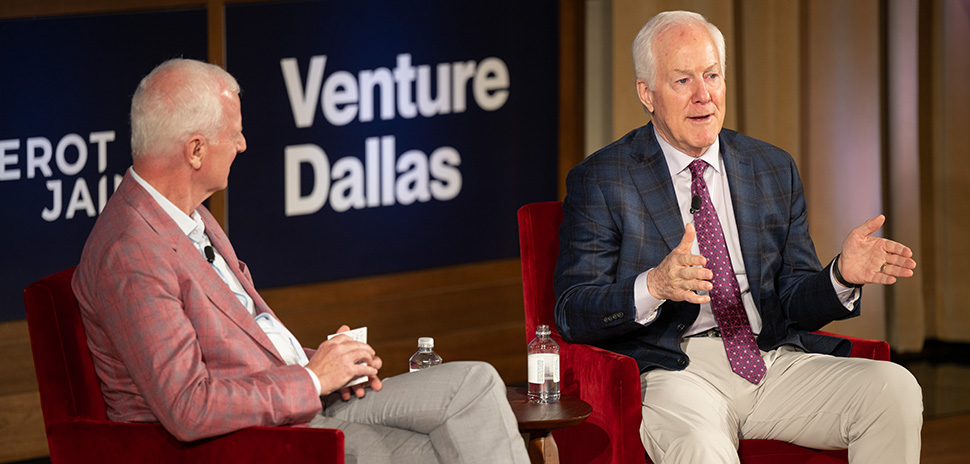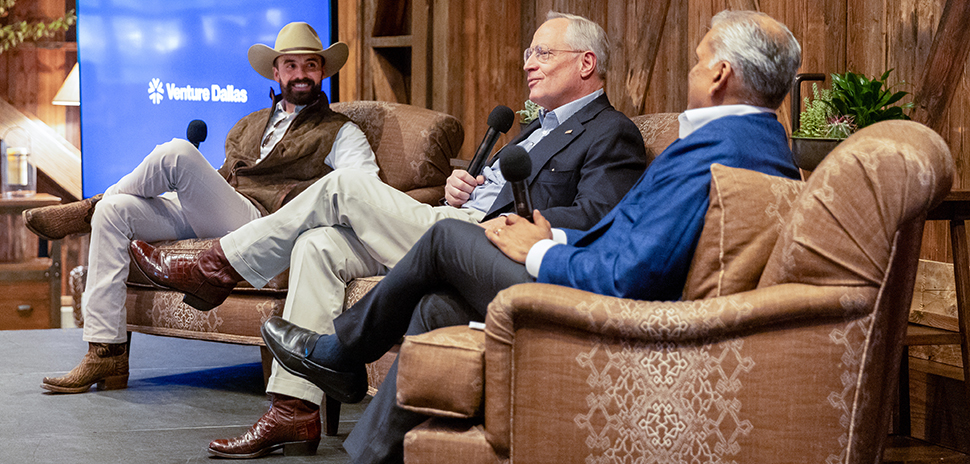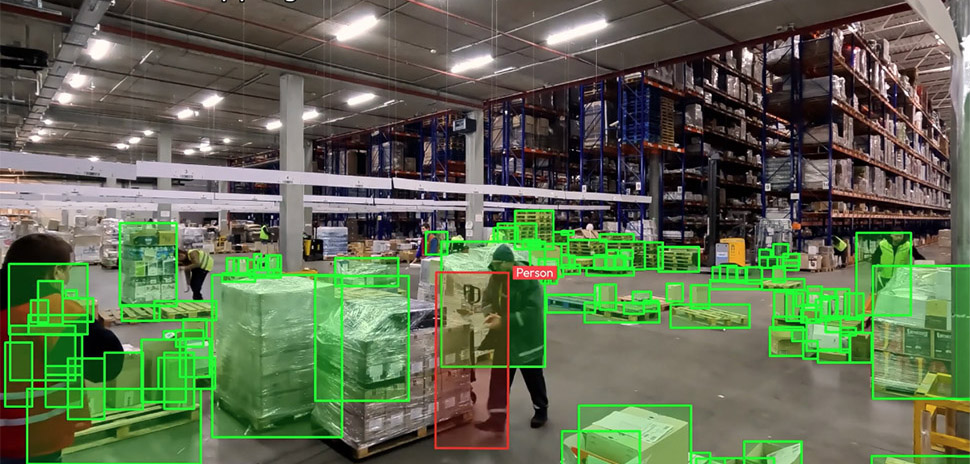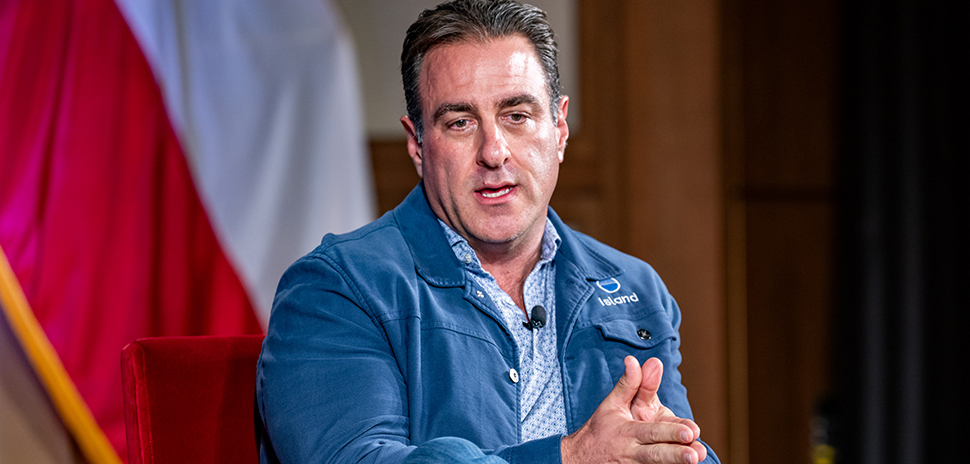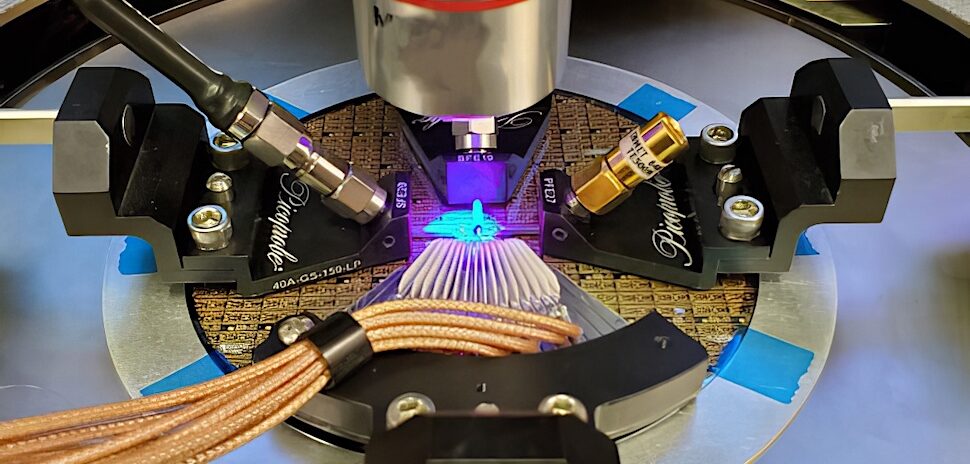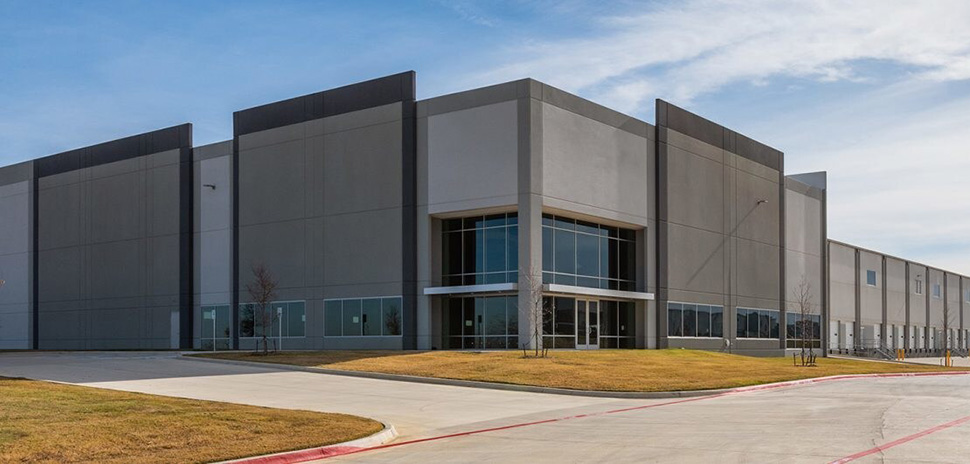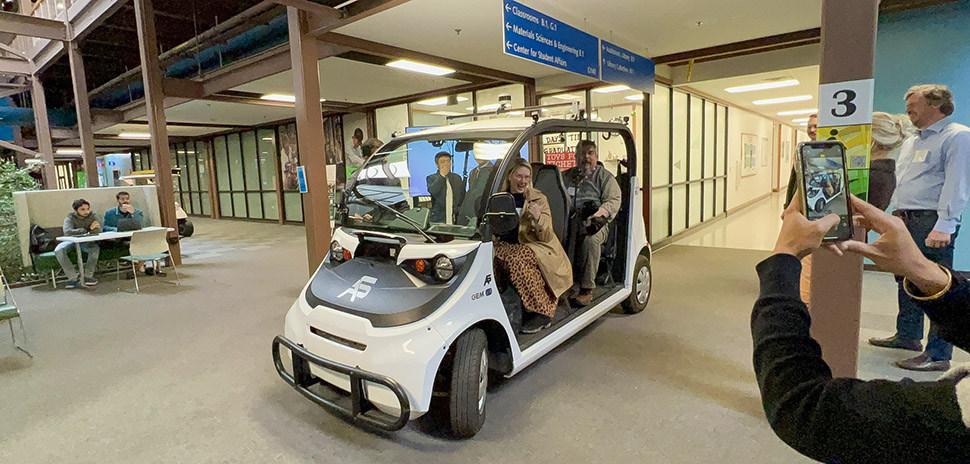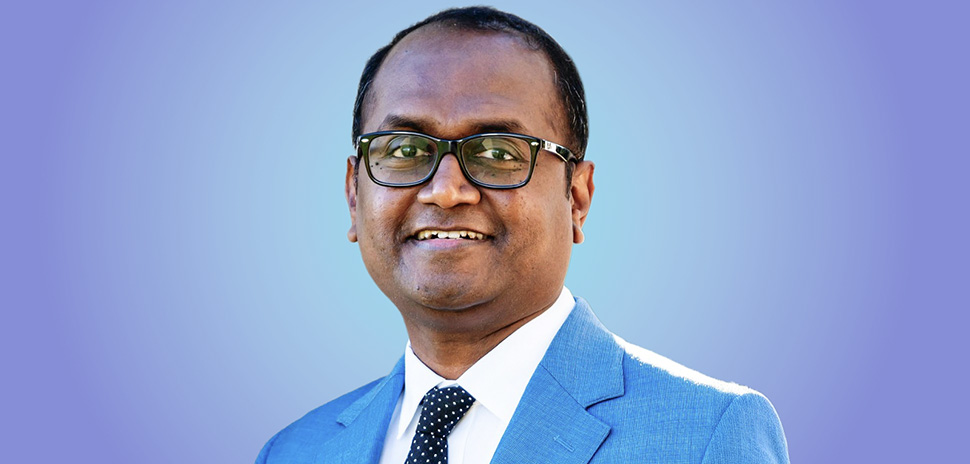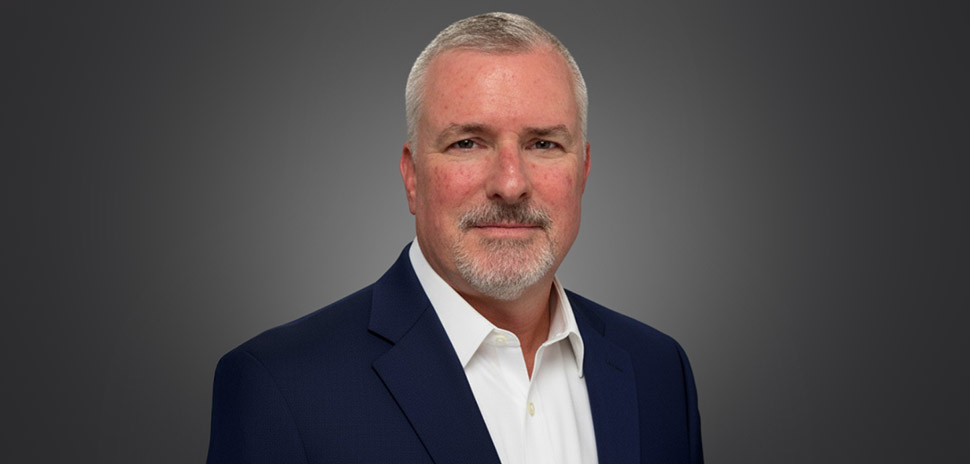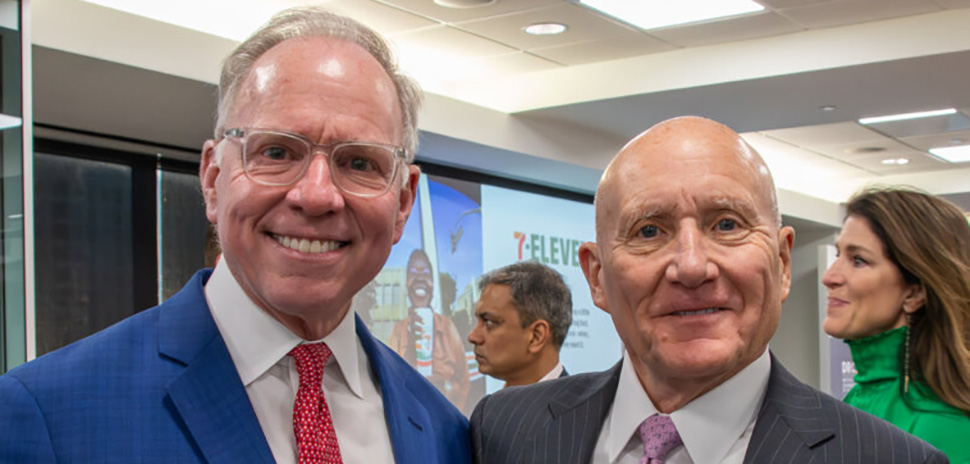Republican Sen. John Cornyn of Texas—one of three candidates to be the Senate’s next majority leader—told a Dallas audience he’d like to see the private sector more involved in the federal defense process at “probably the most dangerous time in the world since World War II.”
Speaking at the recent Venture Dallas 2024 summit, the state’s senior senator said the pace of adopting commercial technology for defense purposes could be quickened—especially given the increasing use of cost-effective weapons like drones by America’s adversaries.
Compared to China, for example, “I worry that we are too slow in doing things,” said Cornyn, who sits on the U.S. Senate Select Committee on Intelligence. “It’s everything from permitting problems to the regulatory regime that we have here, that they don’t have to mess with at all. And, of course, they can do things cheaper there.
“There is a genuine concern about the [U.S.] government crowding out the sort of innovation that people in this audience are doing,” Cornyn said. “And that really, to me, is our comparative advantage—the smart minds and the smart investors who discover the next best thing to get into the hands of the warfighters on a timely basis.”
While Sen. Roger Wicker, R-Miss.—the likely next chair of the Senate Armed Services Committee—believes defense spending should rise from 2.7% to 5% of GDP, Cornyn added, “I think he would agree with me in saying just as important as how much we spend is what we spend it on.
“I’d like to see us open this up more and more to the private sector and take advantage of the real asset that we have that China and Russia and North Korea don’t have, because they don’t have a capitalist system where people are incentivized to take risks and do innovative things,” he said.
“It seems that people like Palmer Luckey in California, who’s an iconic figure to be sure, has figured it out,” the senator added, smiling. “After meeting Palmer and, of course, Elon Musk and Alex Karp and people like that, I figure the best way to do business with the federal government is to start with a billion dollars.”
Cornyn was interviewed onstage at SMU’s George W. Bush Presidential Center on Oct. 30 by Christopher Darby. He’s the global head of venture investments at alternative-investment giant Cerberus and the former CEO of In-Q-Tel, an investment firm supporting the mission of the CIA. Darby, who said he’d just received a helicopter tour of Ross Perot Jr.’s sprawling AllianceTexas development in Fort Worth, asked Cornyn why he thinks Texas has had such success lately attracting “venture capital and minds” to the state.
“It’s a different attitude and a different culture when it comes to business and job creators,” Cornyn replied. “In Washington, D.C., it seems like the attitude is: ‘How can we make it more difficult for you to invest and to build a business and be successful?’ In Texas, it’s the opposite. It’s: “How can we make it easier for you?’ … Maybe it’s born out of our history and sort of our culture. Texans do tend to be very loud and very proud of where they come from, and it is a much different culture than you see around the rest of the country.”
‘We can’t just cook up legislation in the leader’s anteroom’
Next, Darby steered the conversation toward the brewing competition to become the next Senate majority leader. Cornyn was one of three GOP contenders for the mega-powerful position, along with Sen. Rick Scott of Florida and Sen. John Thune of South Dakota.
A vote on the post is scheduled to be held by secret ballot on Wednesday, Nov. 13.
A better process is required to “get our committees back working again,” Cornyn said of the Senate. “We can’t just cook up legislation in the leader’s anteroom and then put it on the floor without adequate time to understand it, debate it, amend it, that sort of thing. Trying to build consensus is hard work, and that’s why a lot of people don’t like to do it, because it is hard work and takes a long time and some patience. But it’s also enormously gratifying when you can get it done.
“There’s a number of really challenging decisions we’re going to have to make starting next year,” he said. “Things like the $35 trillion national debt is crowding out defense spending at a time when we need to increase defense spending. We also need to get back on a regular appropriations process, so the defense department can depend on the money they’re going to be receiving and can engage in new starts and things like that.
“I think the leaders can set the tone and the agenda and try to provide some encouragement and some direction,” Cornyn said. “I’ve been there for a long time now. So, I just feel like there’s a lot of work to do. And I feel a lot of responsibility, based on my experience, to try to do it—to try to solve some of those problems.”
Concluding their talk, Darby asked Cornyn for his best advice to young entrepreneurs who might be worrying about Washington, or the U.S., or the geopolitical landscape in general.
“I would say to the investors, the venture capital folks here in the room, the innovators, the creators: ‘We’re depending on you to win this competition we’re engaged in right now with the People’s Republic of China,’” the senator said. “They’ve got a lot of advantages that they don’t have to worry about—appropriations bills or permitting or regulatory issues or environmental reviews, that sort of thing. They just do it, and they do not have our best interests at heart.
“And so, we need to be prepared. I’m a peace-through-strength guy, so what I’m talking about ultimately is deterrence. We need to build deterrence, so we won’t have to fight the next war.”
![]()
Get on the list.
Dallas Innovates, every day.
Sign up to keep your eye on what’s new and next in Dallas-Fort Worth, every day.

